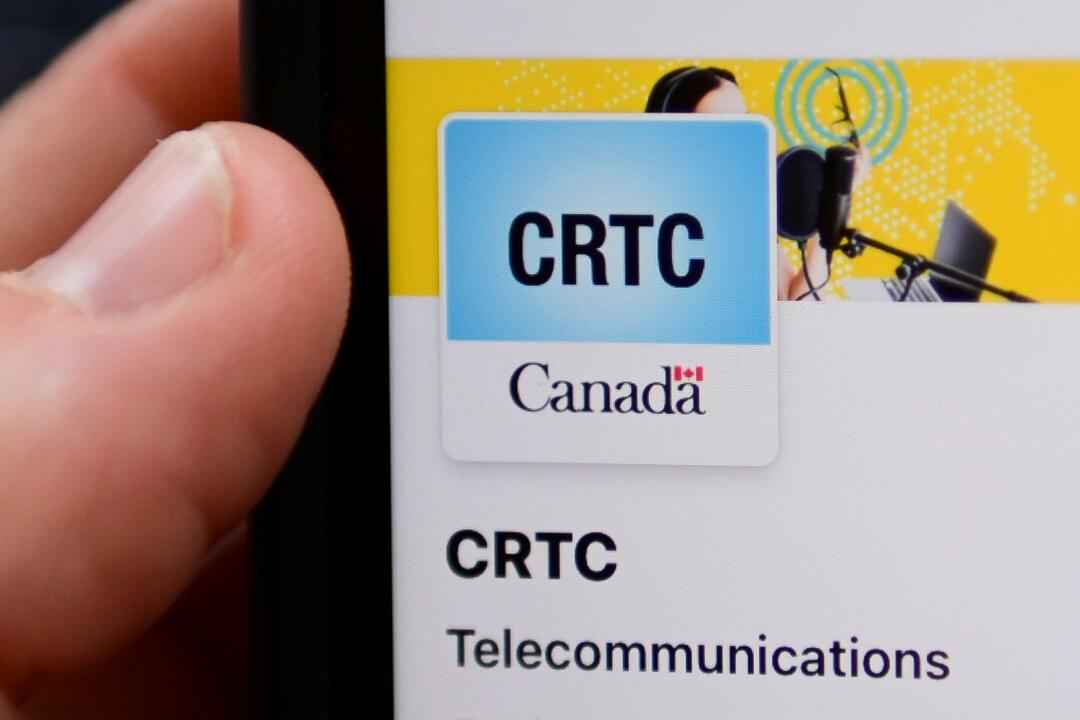The CRTC is asking Canadian broadcasters for extensive details on their diversity and inclusion initiatives in hiring and broadcasting.
In a four-page letter sent May 1 by email, the Canadian Radio-television and Telecommunications Commission (CRTC) asked broadcasters six questions on their “program offerings and employment opportunities,” apparently to determine if they meet the requirements of the Online Streaming Act and amendments to the Broadcasting Act related to diversity.





